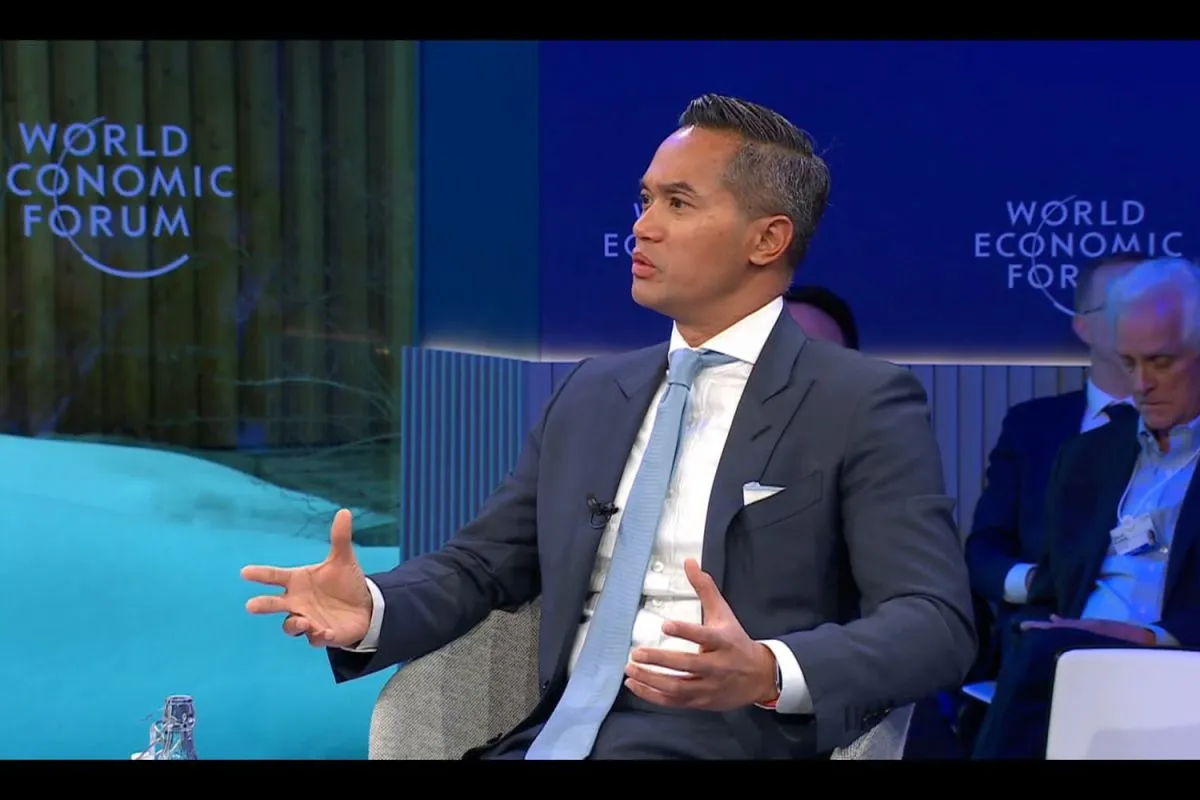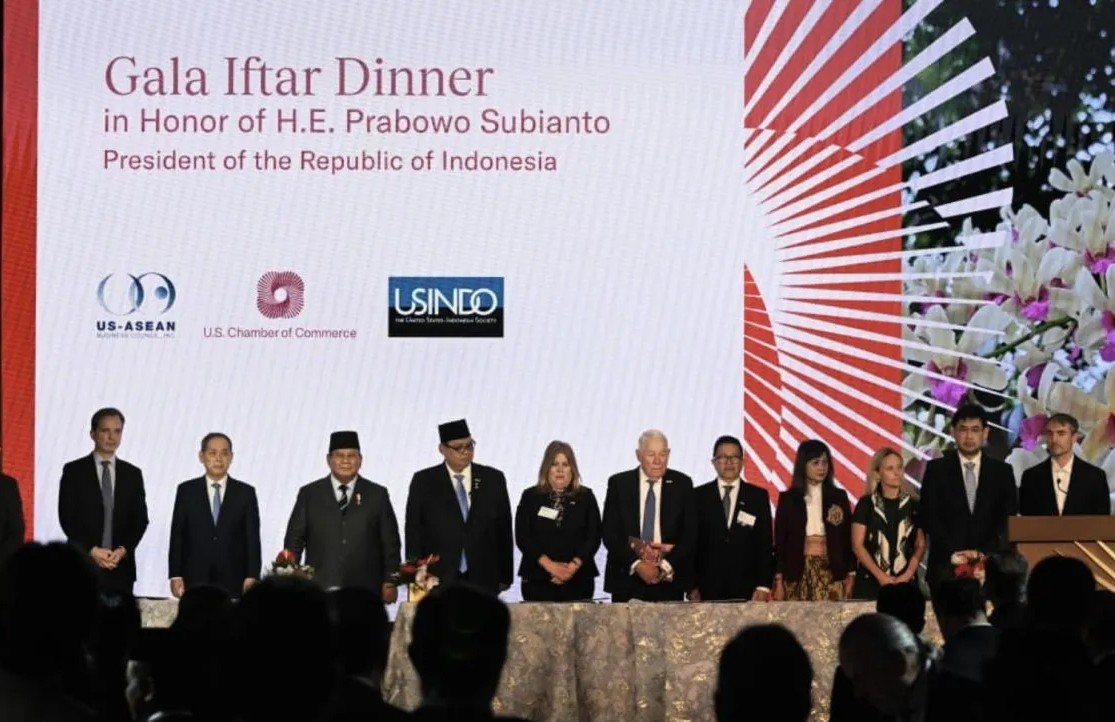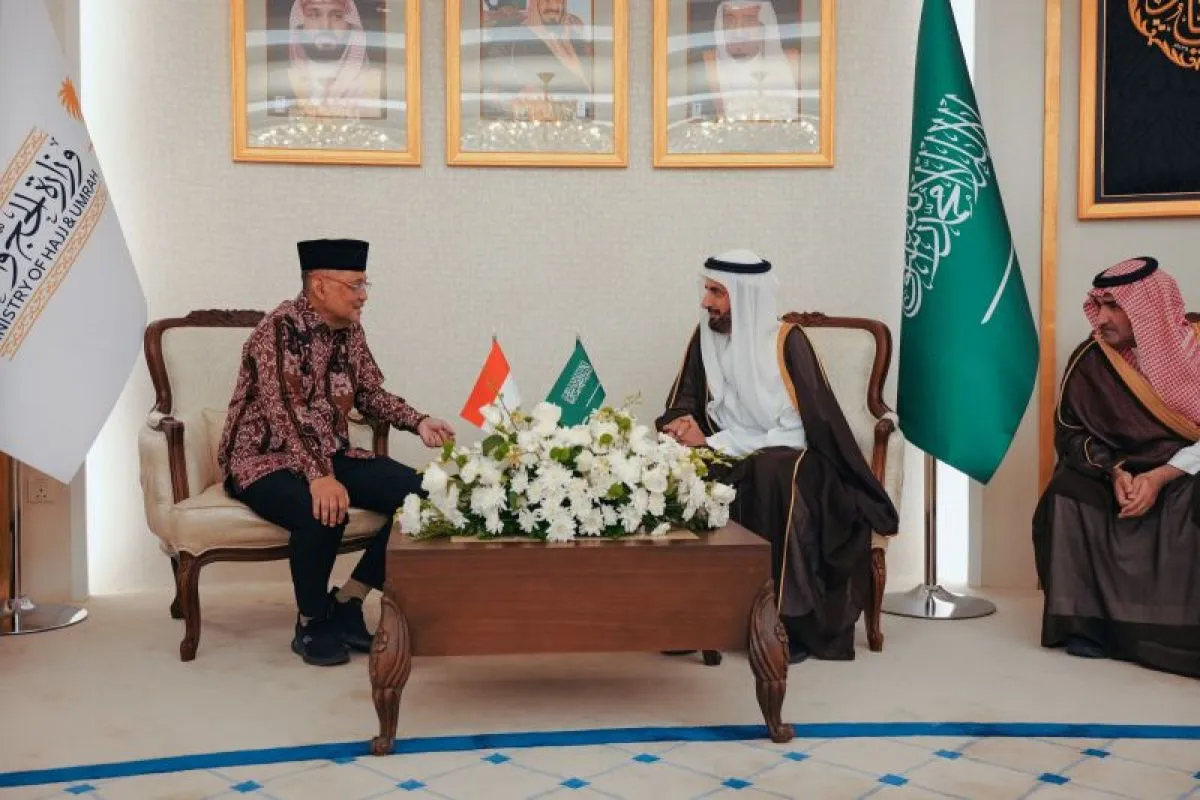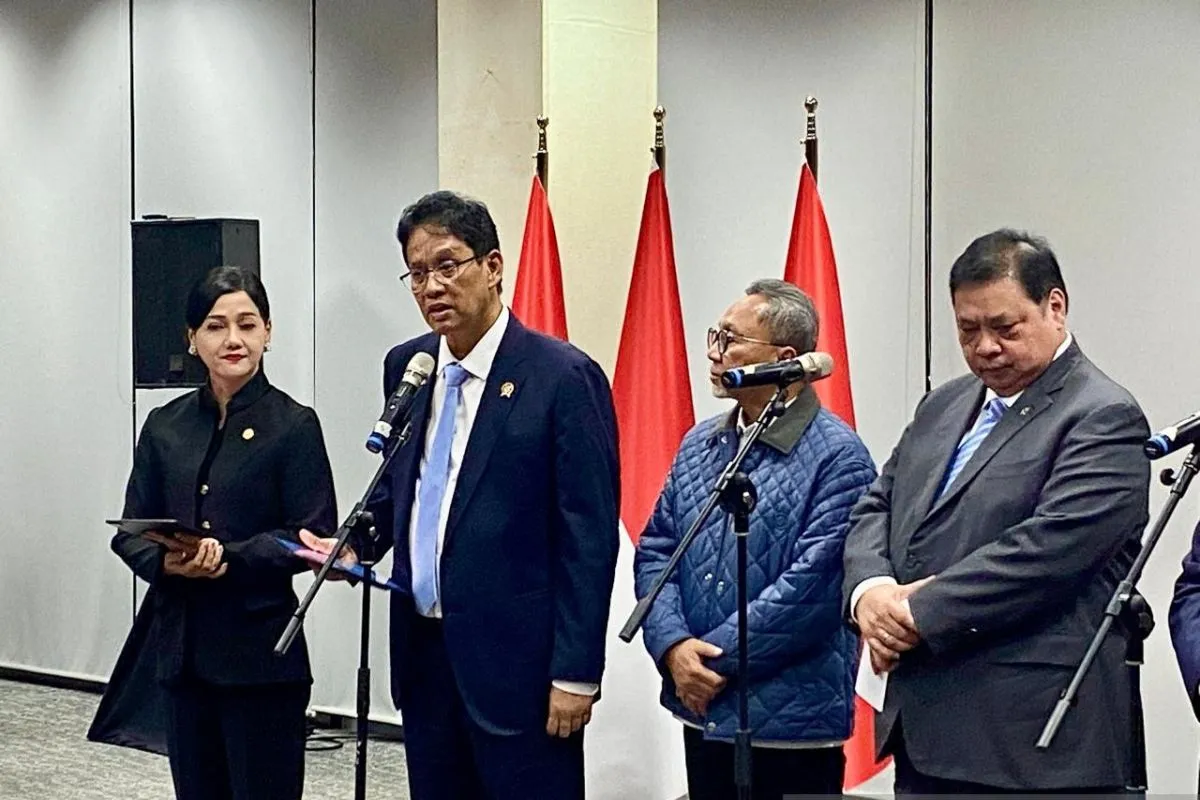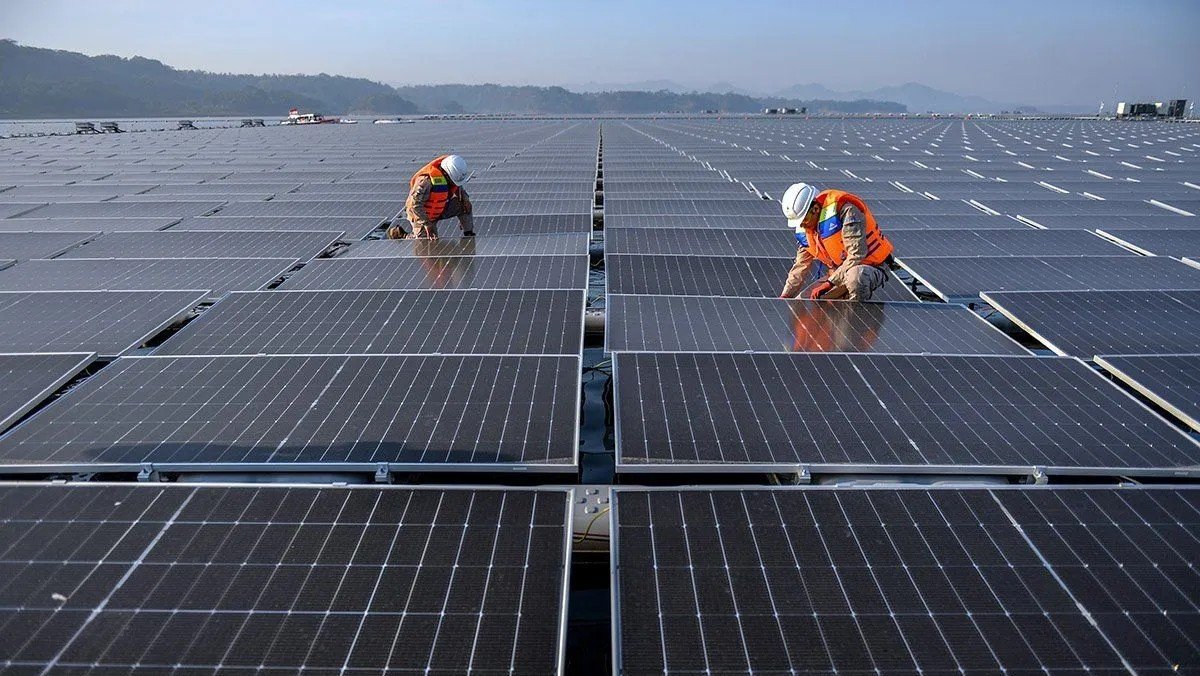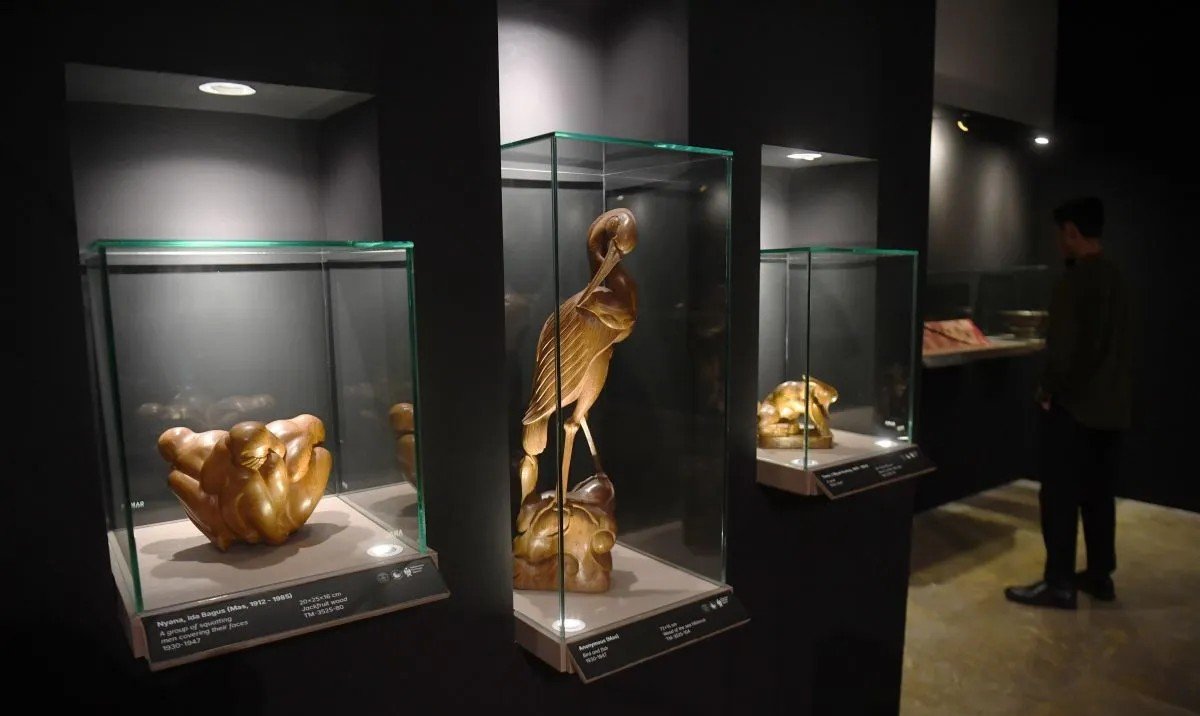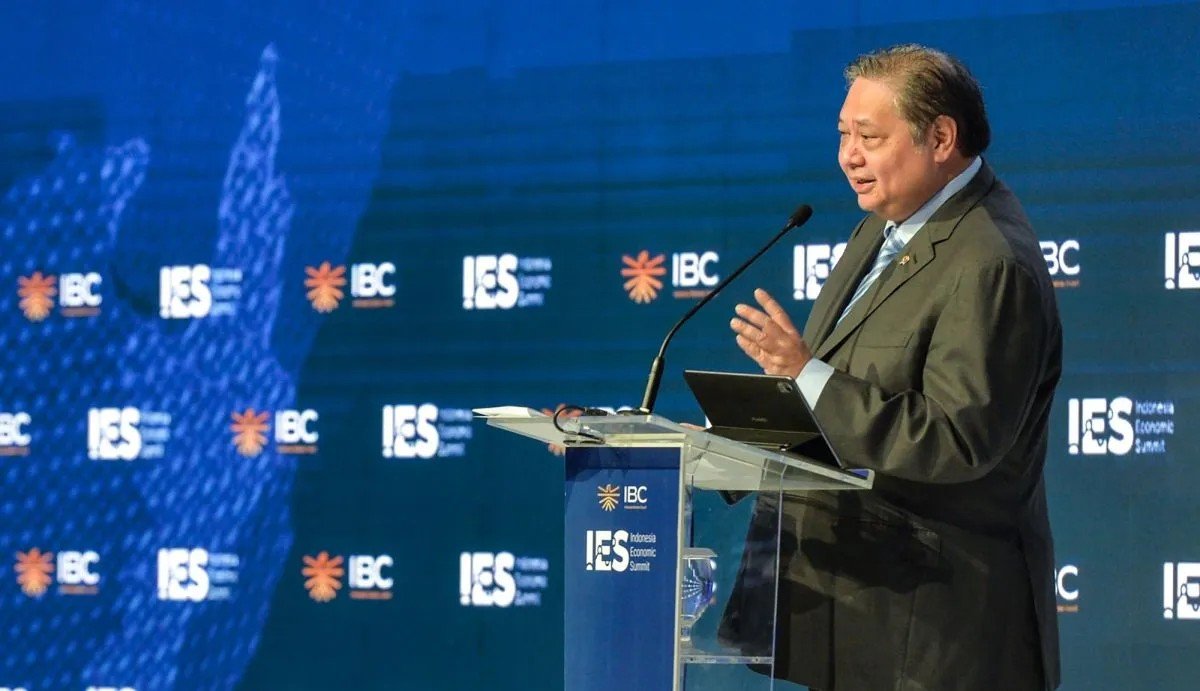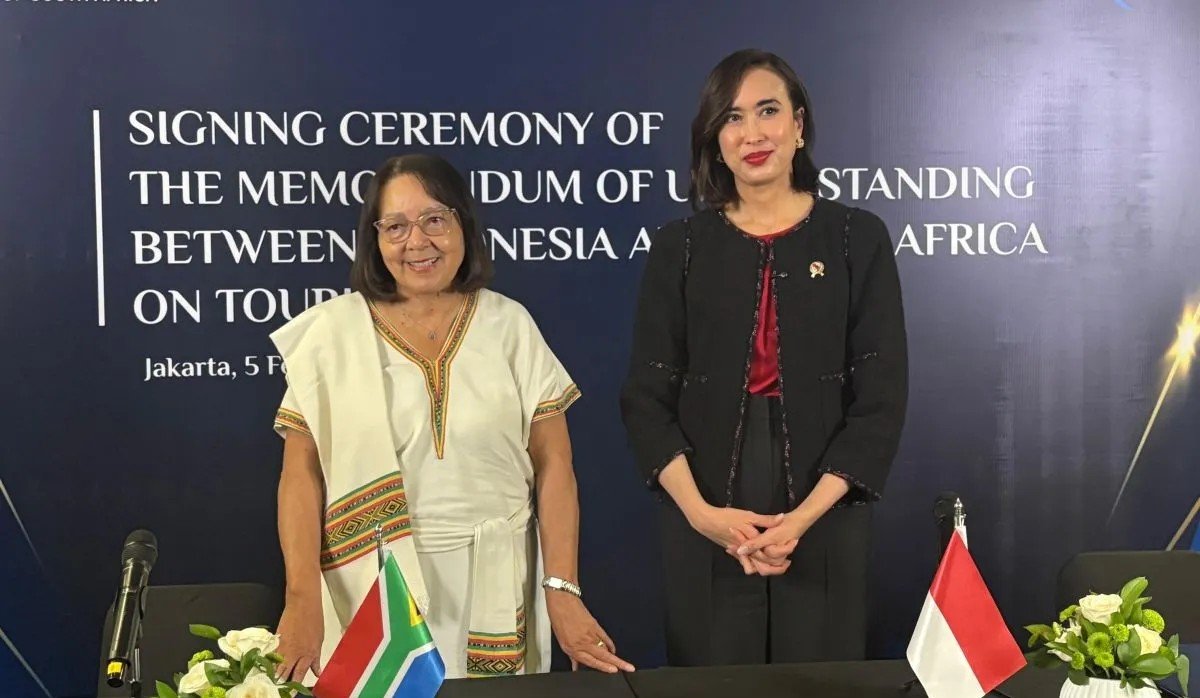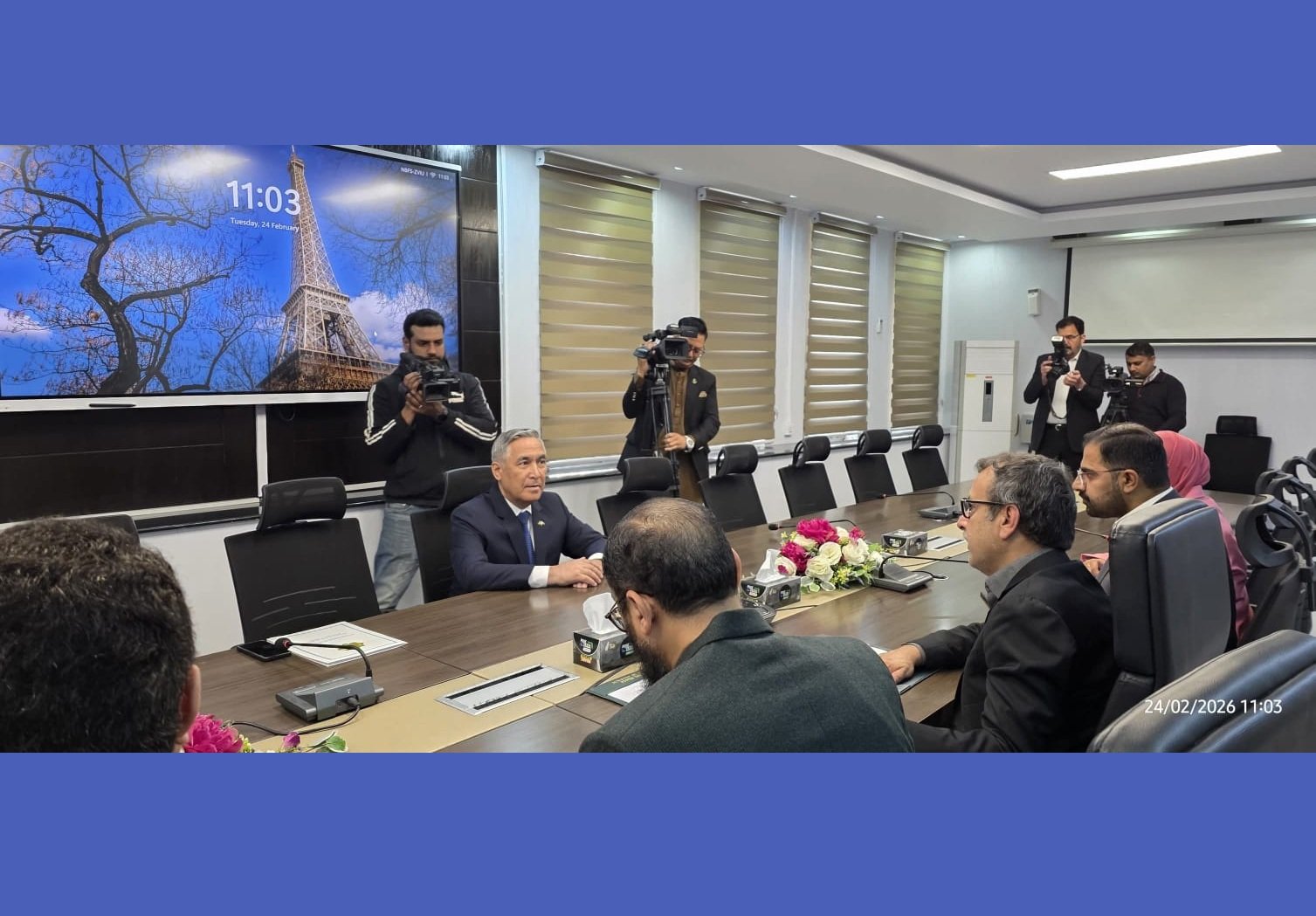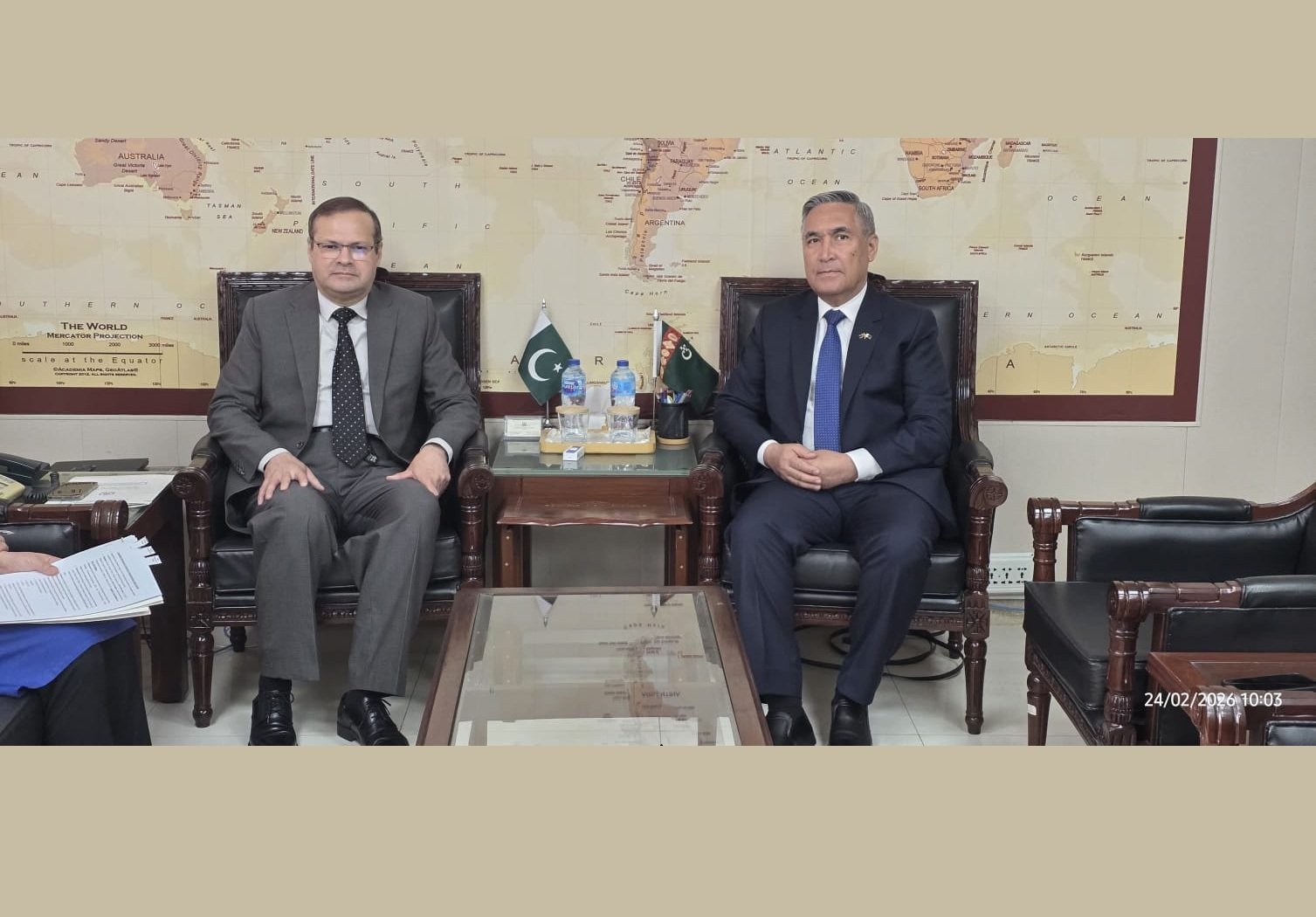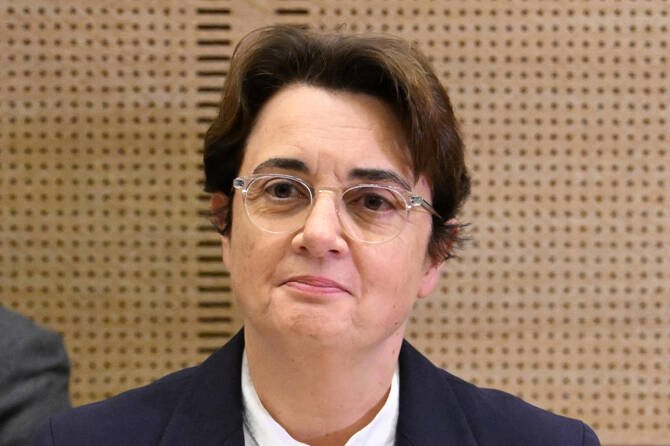Jakarta, January 22, 2025 – The Europe Today: Chairperson of the Indonesian Chamber of Commerce and Industry (Kadin), Anindya Bakrie, has outlined Indonesia’s ambition to become a global reference point for electric vehicle (EV) battery material processing standards. Speaking at a panel discussion during the World Economic Forum (WEF) in Davos, Bakrie emphasized the nation’s commitment to producing battery materials in a sustainable and environmentally conscious manner.
“In the context of the global supply chain, our ambition is not only to produce battery materials for electric vehicles but also to set global standards on how to produce them,” said Bakrie, who is widely known as Anin. He highlighted Indonesia’s adherence to international standards as both constitutionally aligned and economically advantageous.
Green Energy and Global Supply Chains
Bakrie underscored Indonesia’s unique potential to produce EV battery materials using green energy while maintaining a focus on reducing carbon emissions. “Indonesia has already proven its capabilities,” he stated, noting that several Indonesian companies supply advanced battery materials to major global players, including China, Europe (through partnerships with Eramet and Volkswagen), and the United States (through collaborations with Ford).
Looking ahead, Bakrie expressed optimism that Indonesia could meet major industry benchmarks such as the EMA (Exponential Moving Average) 50 standard by September.
Open to Global Business Cooperation
As Indonesia develops its EV ecosystem, Bakrie emphasized the country’s openness to collaborations with international partners. “We position ourselves as a partner that provides equal opportunities for all,” he remarked.
Addressing potential partnerships with China, he highlighted Indonesia’s efforts to create balanced cooperation with Western countries. Bakrie cited the example of PT VKTR Teknologi Mobilitas Tbk’s collaboration with the Indo-Pacific Net-Zero Battery-Materials Consortium (INBC), which focuses on partnerships with Western nations.
“We understand that Europe, the UK, and the US need nickel-based battery materials,” he noted, adding that US investment in the EV industry presents significant opportunities for Indonesia. He suggested that Indonesia could become a critical hardware supplier for the US EV industry by building a sustainable, resilient, and cost-effective supply chain.
Natural Resources and Renewable Energy Potential
Indonesia’s abundant natural resources are central to its strategy. The country holds 22 percent of the world’s nickel reserves and has significant deposits of tin, copper, and bauxite, placing it among the top five globally for these minerals.
Additionally, Indonesia boasts considerable renewable energy potential, including geothermal, hydro, solar, and wind power. The government aims to construct 100 gigawatts of power plants over the next 15 years, with 75 percent of the energy derived from renewables – equivalent to the nation’s current total installed capacity.
Promising Market Opportunities
With a population of 285 million and a regional market of 800 million across Southeast Asia, Indonesia offers substantial market opportunities. “Indonesia is determined to play a pivotal role in the global EV supply chain ecosystem,” Bakrie concluded, reaffirming the nation’s commitment to leveraging its resources and strategic advantages to contribute to the world’s EV industry.
